UPDATE
This post has been updated to include Keah Brown's essay and Vilissa Thompson's website.
Eleven recent essays by young women who are tackling issues of race, gender, and class head-on.

"But what masquerades as a feat of anti-racism is really just a poorly devised self-help regime, better designed to confirm the wokeness of its participants than to inspire any awakening. For Woke Olympians, resisting racism is as simple as bearing witness. The games rely on a theory of safety akin to the Department of Homeland Security’s If You See Something, Say Something™ — when hate appears, report its apparition. Winning is nothing more than performing a vanishing act, or willing injustice away. If racism is wholly contained within malignant bodies, the easiest way to fight it is to make those people disappear. But this is the laziest kind of magic: sleight of hand that postures as sorcery."
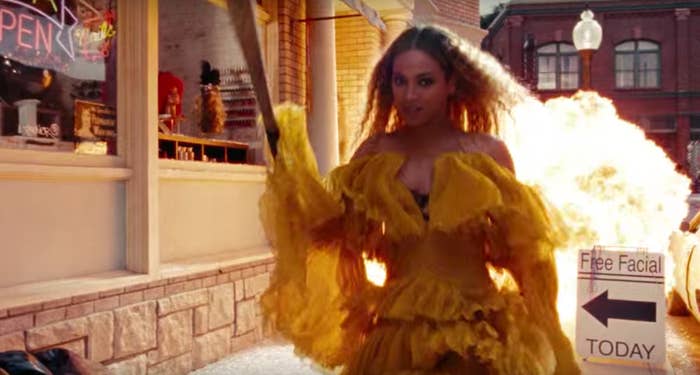
"Something about the window infidelity opens — the space to contextualize one’s self outside the confines of a romantic heterosexual relationship — invites Beyoncé to seriously know a matriarchy. Her mother. Her husband’s grandmother, Hattie White, who gave the speech that gave Lemonade its name. The women who toiled centuries before, now ghosts in the beautiful plantation."
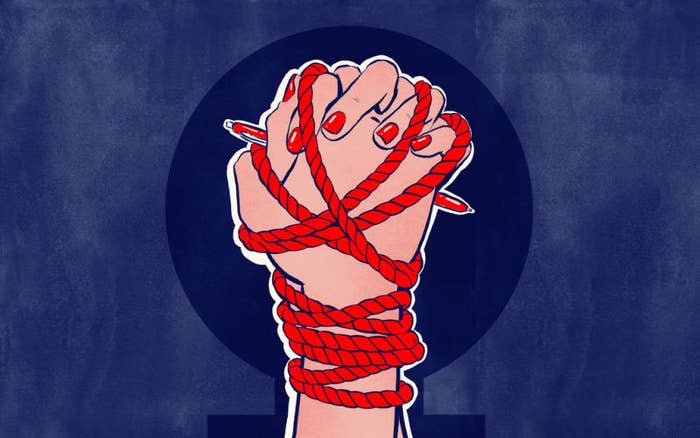
"Let’s say a feminist site fucks up occasionally; so do feminists. Let’s say even that the site is frequently unpalatable; that seems reasonable in a world where every human is a nightmare to someone else. To me, the obvious conclusion from everything that is annoying on the internet is that the stakes of representation should be much, much lower. But we are trudging through these wild storms of approval and disapprobation on a failing hunt for consensus; we are worshiping and trying to locate a mirage."
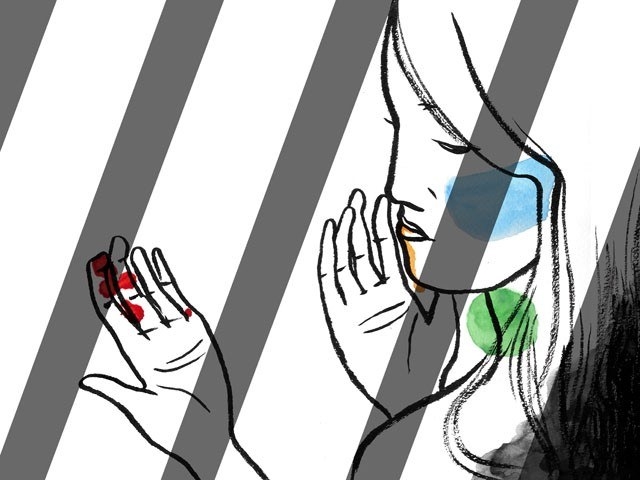
"I want to tell you I cried, so that you know that I didn’t want it. I want to tell you I suffered, so that the story I told you is plausible. The narrative of rape is only enabled by a woman’s pain."
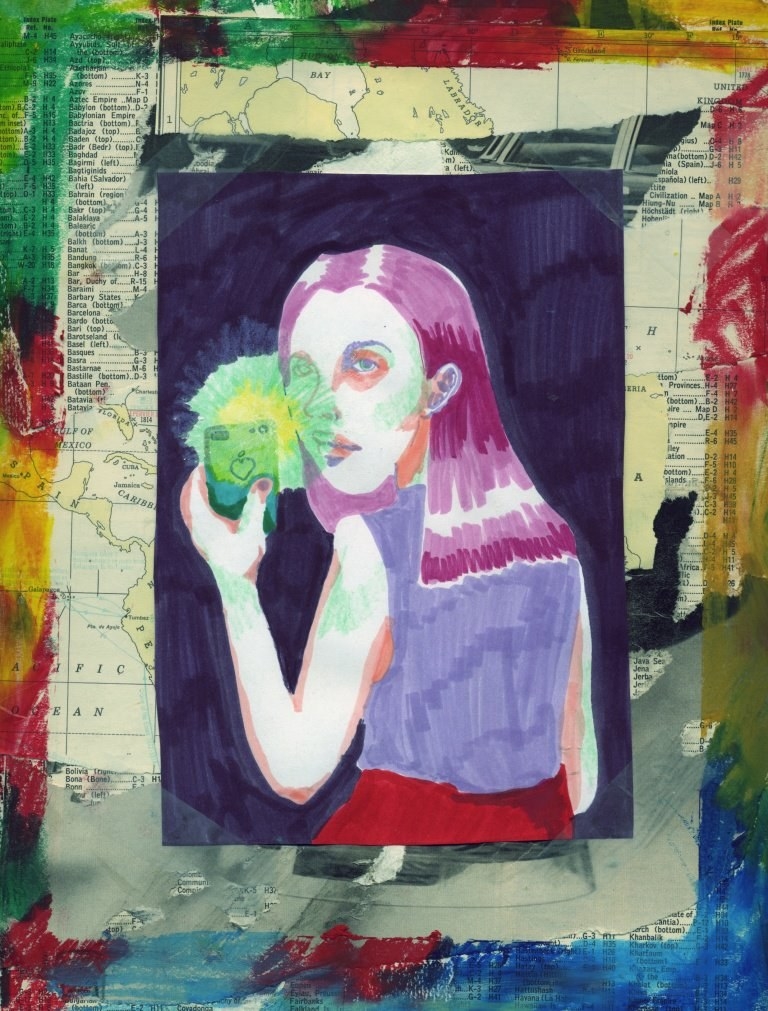
"I enviously looked around at all of the people walking alongside me this morning. I watched the ease in their bodies that could only come from assembling oneself from the inside out. My trans girlhood was an external construction zone; everyone could see the areas that still needed my attention. My body was political, even when I didn’t ask for it to be."
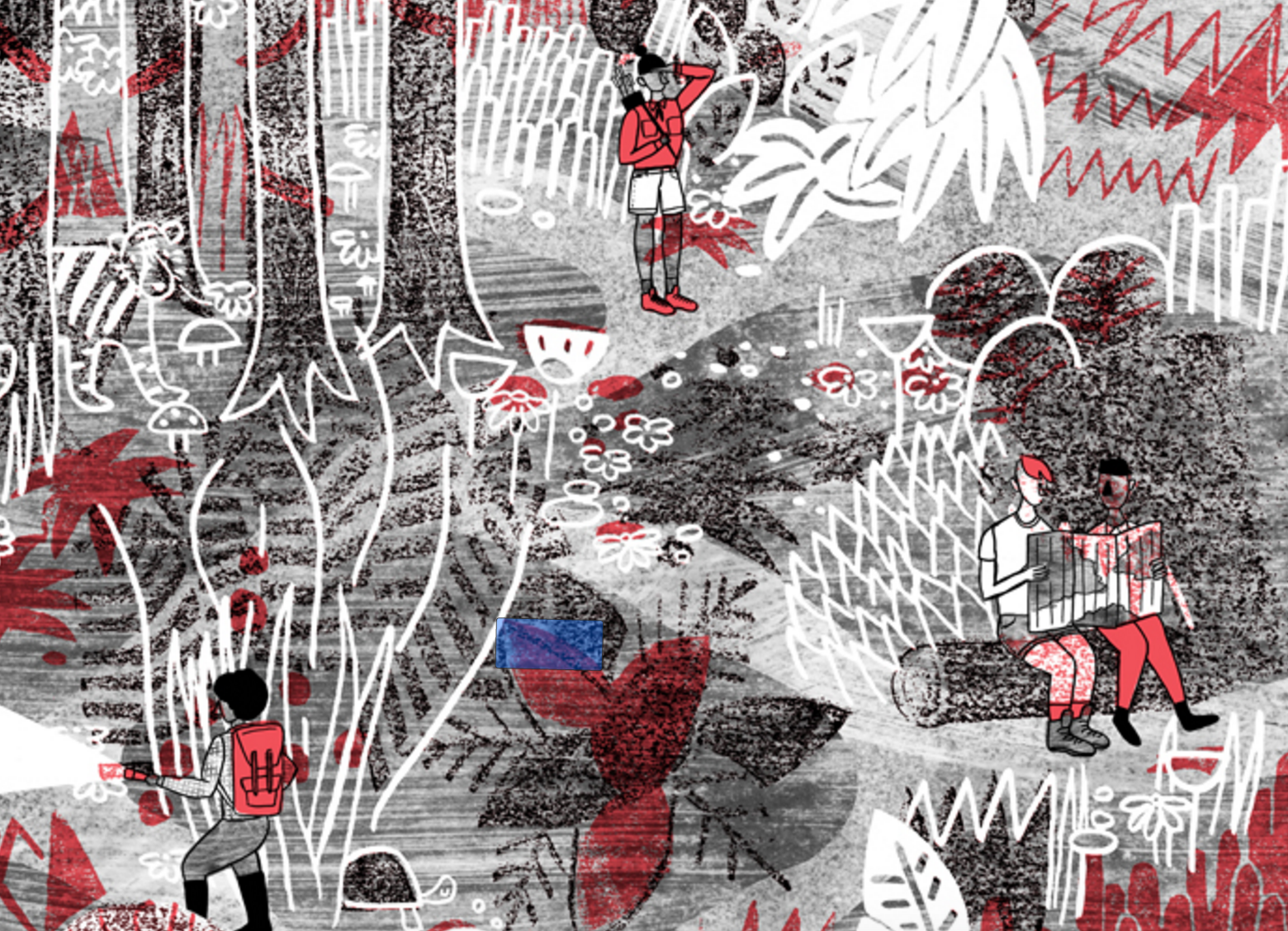
"I cannot ignore that freedom to me looks different. It looks more fluid and less discrete. It is possible that I am unlike other nonwhite Americans — who, according to that same Gallup Poll, are more likely than our white counterparts to identify as L, G, B, or T — and I am allowing shame or fear or my general dislike of categories to keep me in the closet. At the same time, many of us question our sexuality for far longer than beyond adolescence. That is not abnormal; it is not some suspension of adulthood or extension of childhood. It is a way of allowing love and intimacy to develop outside of conventional standards or definitions of how sexuality should be expressed."
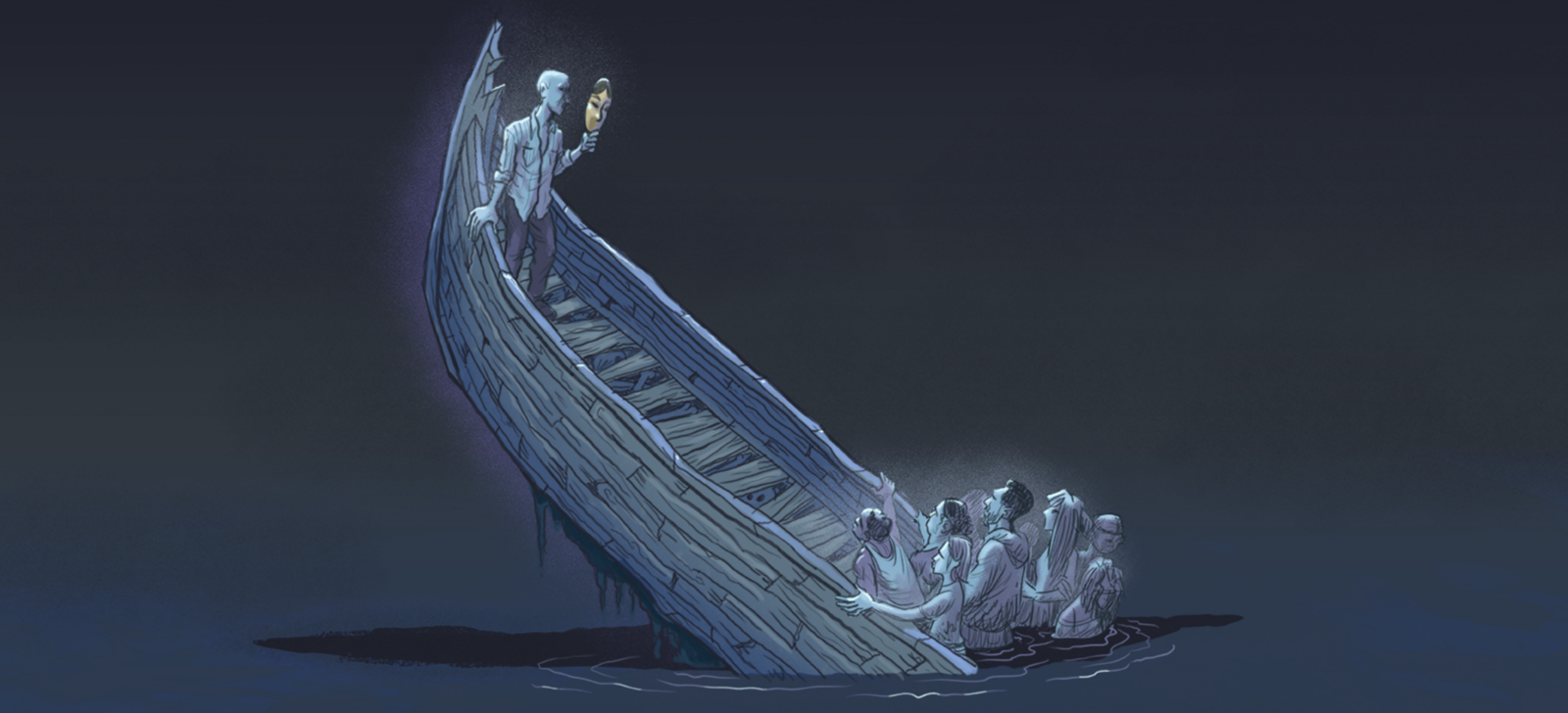
"To be Other in America is to be coveted and hated at the same time. It’s never been enough to know that I feel it, but I know I am often asked to prove it before I am allowed to speak on it. When I was a graduate student at the Iowa Writers’ Workshop for fiction writing, I felt both coveted and hated. My white classmates never failed to remind me that I was more fortunate than they were at this particular juncture in American literature. “No one is going to pay attention to a name like mine,” a white dude who exclusively wrote stories about white dudes said to me one time when I was feeling particularly low about my writing. I couldn’t enjoy a scrap of validation or wallow in a sliver of self-doubt without someone interjecting some version of “You’re so lucky. You’re going to have an easier time than any of us getting published.” They were shameless about their envy, not shy or coy at all about their certainty that my race and gender were an undeniable asset, which, in turn, implied that I could be as mediocre and shitty as I wanted and still succeed. This was how some of my white classmates imagined the wild spoils of my literary trajectory. This was how they managed to turn themselves into the victims."
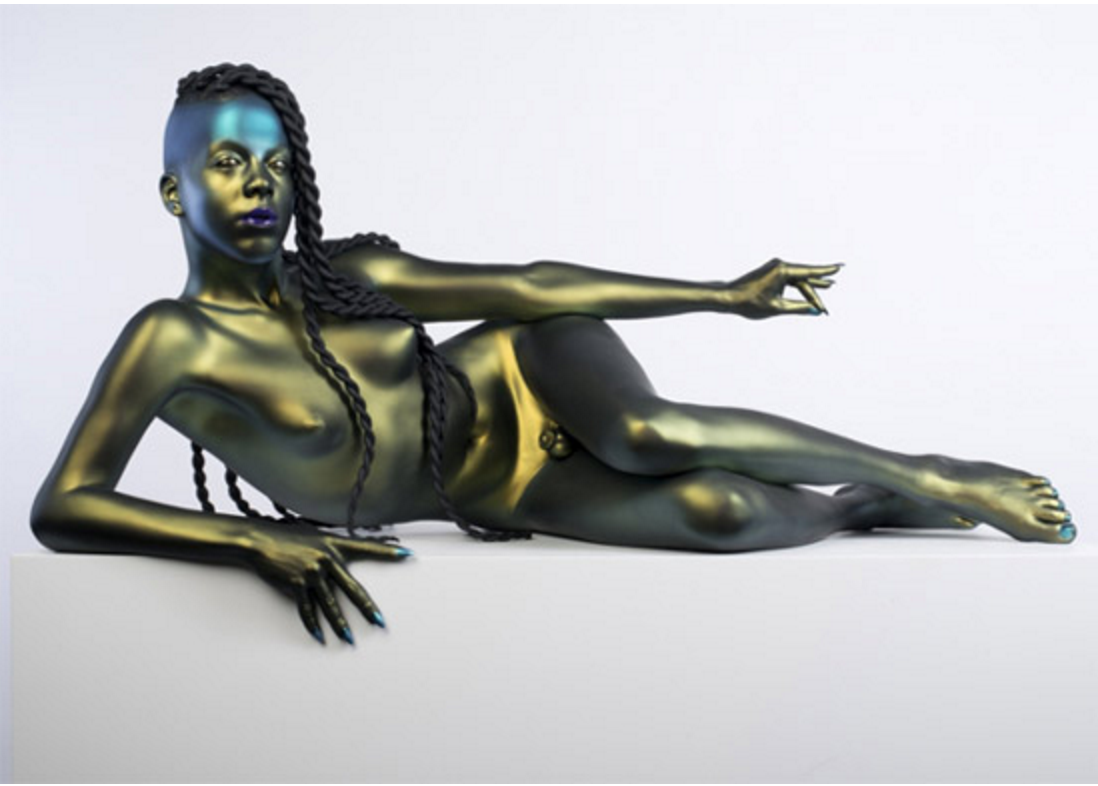
"If I could experience the pain of menstruation and of childbirth, by all the gods, I would. I yearn to. But I am no less of a woman because I cannot. Not all ciswomen can menstruate or give birth — or, as Margaret Atwood puts it in “The Female Body,” “The Reproductive System is optional, and can be removed.” I am not appropriating a feminine space while conveniently avoiding the pains. And I have no desire to force my way into situations I cannot contribute to meaningfully, like meetings about the experiential realities of pregnancy. This is a space, in the wide world of womanhood, that is not part of my experience. But I can speak with those women about so much: harassment, diminished employment opportunities, societal expectations of our bodies, and on and on. There are many constellations in the star field of womanhood, and I represent one of them. Often, we converge."
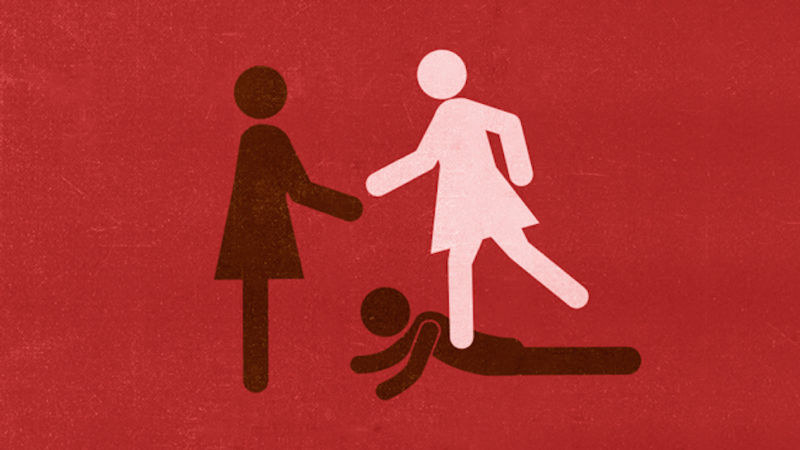
"I feel surrounded by Black death. What a privilege, to concern yourself with seeming good while the rest of us want to seem worthy of life."
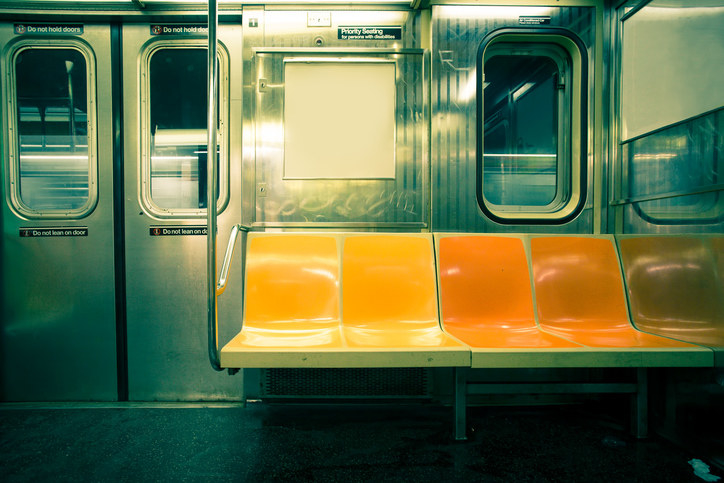
"The road back from debilitating shame is neither linear nor paved for comfort. There are potholes long and wide. I won't ever be sure what made that man attack me, but I no longer believe it was because he saw something in me that spelled 'weakness.' I'm no longer buying into the idea that my behavior after that night makes me the right or wrong kind of victim. I have nothing to be ashamed of, and I refuse to add my name to the list of women who carry the shame of a man's choice in their hearts and bodies. I'd rather be free. I know now that every part of me got off that train at the same time. There was no part of who I am left behind. He did not change me. He does not define me."
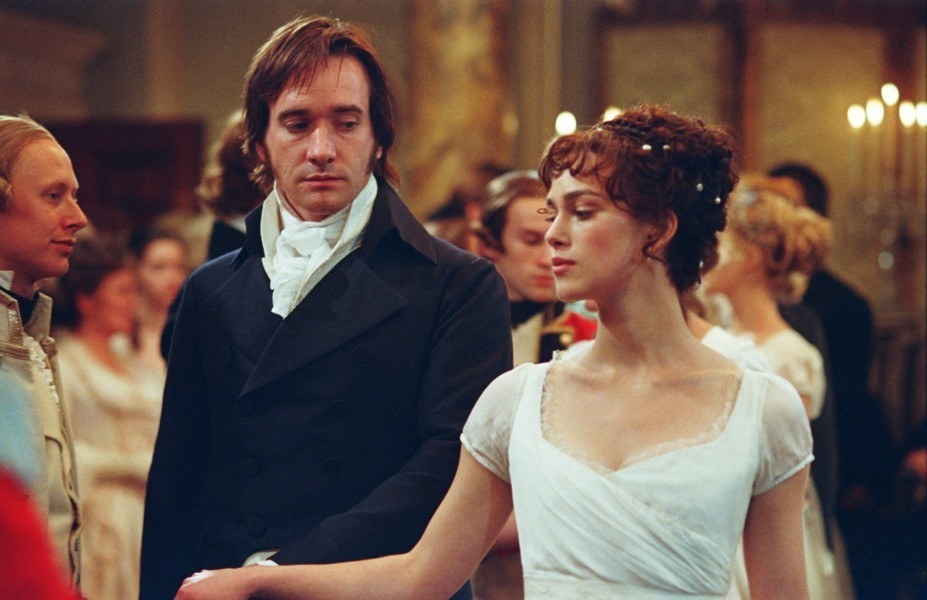
"How are we, black girls with disabilities, supposed to see ourselves as worthy of romantic love, worthy of the chance to feel at home in our bodies and personalities, if the only representation we receive is that of a plot device or a joke? We have no choice but to see ourselves in the able-bodied, often white women who acquire lead roles. We have to find ourselves in their quirky or shy demeanors, their witty and quick humor, their hopes and dreams. We follow them on their journey to find themselves as they unlock an inner strength they’ve had all along. We see as much of ourselves as possible in these women—and still, it is never quite enough."
This post has been updated to include Keah Brown's essay and Vilissa Thompson's website.